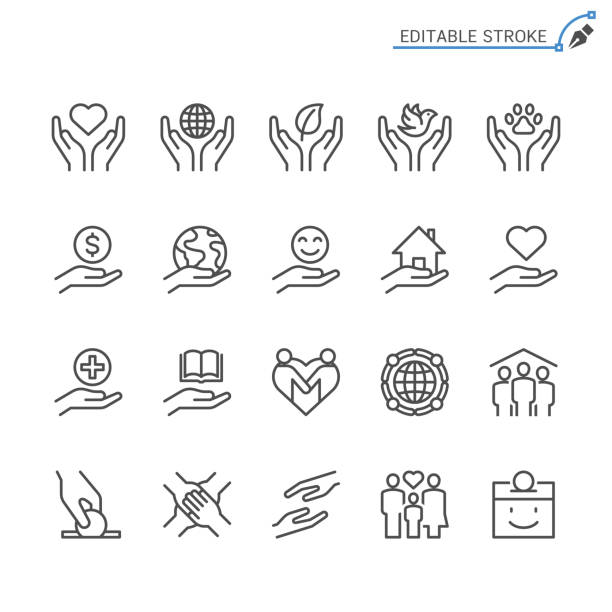HUMAN INSURANCE
HUMAN INSURANCE
Understanding Human Insurance: A Complete Guide
Human insurance, commonly referred to as life insurance and related policies, is designed to provide financial protection and peace of mind for individuals and their families. It offers security in the event of unforeseen circumstances, such as death, disability, or critical illness. This article explores the various types of human insurance, their benefits, and key considerations for selecting the right policy.
What is Human Insurance?
Human insurance encompasses various types of insurance policies that provide financial protection against risks related to human life and health. These policies are designed to offer financial support to individuals and their families in case of death, disability, or other significant life events.
Types of Human Insurance
Life Insurance
Life insurance is a contract between an individual and an insurance company that provides a financial benefit to the policyholder’s beneficiaries upon their death. There are several types of life insurance policies:
- Term Life Insurance: Provides coverage for a specified period, such as 10, 20, or 30 years. It pays a death benefit only if the insured passes away during the term. This type of insurance is generally more affordable but does not build cash value.
- Whole Life Insurance: Offers coverage for the entire lifetime of the insured and includes a cash value component that grows over time. Premiums are higher compared to term life insurance, but it provides lifelong coverage and the ability to accumulate savings.
- Universal Life Insurance: A flexible policy that combines life insurance with an investment component. It offers adjustable premiums and death benefits, along with the potential for cash value growth based on interest rates and investment performance.
- Variable Life Insurance: Includes both a death benefit and a cash value component, which can be invested in various investment options. The cash value and death benefit can fluctuate based on the performance of these investments.
Disability Insurance
Disability insurance provides income replacement if you are unable to work due to a disability or illness. There are two main types:
- Short-Term Disability Insurance: Offers temporary income replacement for a short period, usually ranging from a few months to a year. It is designed to cover temporary disabilities or illnesses.
- Long-Term Disability Insurance: Provides income replacement for extended periods, often until retirement age, if you are unable to work due to a long-term disability. This policy is crucial for protecting your financial stability over the long term.
Critical Illness Insurance
Critical illness insurance provides a lump-sum payment if you are diagnosed with a specified serious illness, such as cancer, heart attack, or stroke. This financial support can help cover medical expenses, treatment costs, and other related expenses not covered by traditional health insurance.
Accidental Death and Dismemberment (AD&D) Insurance
AD&D insurance provides financial benefits in the event of death or serious injury resulting from an accident. It typically includes payments for accidental death, loss of limbs, or other severe injuries. This coverage is often offered as an add-on to life insurance policies or as a standalone policy.

Benefits of Human Insurance
Financial Security for Loved Ones
The primary benefit of human insurance is providing financial security for your loved ones in the event of your death or disability. Life insurance ensures that your beneficiaries receive financial support to cover living expenses, debts, and other financial needs.
Income Replacement
Disability insurance and critical illness insurance offer income replacement, which helps maintain your standard of living if you are unable to work due to health issues. This ensures that you can continue to meet your financial obligations even during challenging times.
Peace of Mind
Having adequate insurance coverage provides peace of mind, knowing that you and your family are protected against unforeseen events. It reduces the financial burden and stress associated with unexpected life changes.
Asset Protection
Some types of human insurance, such as whole life and universal life insurance, include a cash value component that can serve as a financial asset. This cash value can be accessed through loans or withdrawals and used for various purposes, such as funding education or retirement.
Key Considerations for Choosing Human Insurance
Assess Your Needs
Evaluate your financial situation, health status, and family responsibilities to determine the appropriate level of coverage. Consider factors such as outstanding debts, future financial needs, and your current income.
Compare Policies
Compare different insurance policies based on coverage, premiums, benefits, and terms. Each policy may offer different features, so it’s important to choose one that aligns with your needs and goals.
Review Policy Terms
Carefully read and understand the terms and conditions of the policy, including coverage limits, exclusions, and any additional benefits. Ensure that the policy meets your specific needs and provides the necessary protection.
Consider Policy Riders
Policy riders are additional features or benefits that can be added to a base insurance policy. Examples include waiver of premium rider, accelerated death benefit rider, and accidental death rider. Evaluate these options to enhance your coverage.
Seek Professional Advice
Consult with a financial advisor or insurance agent to get expert guidance on selecting the right policy. They can help you navigate the complexities of human insurance and make informed decisions based on your individual circumstances.

